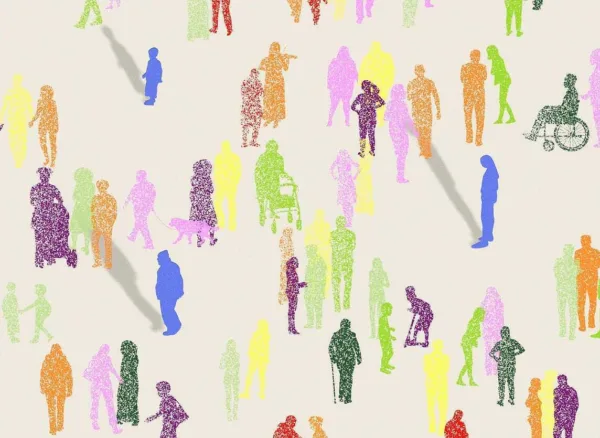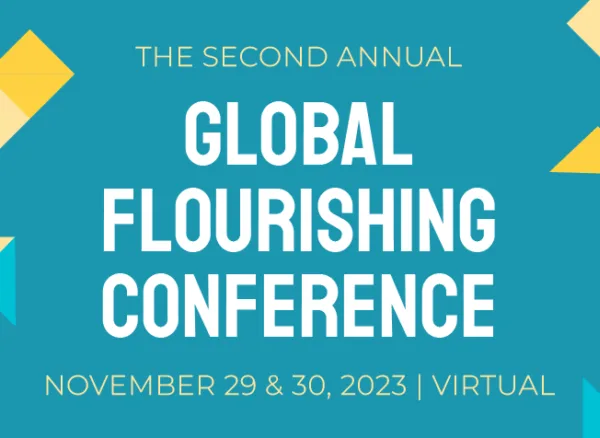Menu

Philosopher Baroness Onora O’Neill’s work has focused on international justice and the roles of trust and accountability in public life. Among her many distinctions, Prof. O’Neill (Professor Emeritus of Philosophy at Cambridge University) was the 2017 recipient of the Berggruen Prize, awarded to “thinkers whose ideas have helped us find direction, wisdom, and improved self-understanding in a world being rapidly transformed by profound social, technological, political, cultural, and economic change.”
In this conversation, Prof. O’Neill discusses the value of privacy in a time of surveillance capitalism, human rights after the digital revolution, and the importance of listening as a civic virtue. She also highlights how digital forms of communication can support democracy, or undermine it; how privacy has been affected by digital media; and the impact on civic engagement when citizens’ data is made commercial.
This episode is part of the “Stories of Impact” podcast’s exploration of “Citizenship in a Networked Age,” the Templeton World Charity Foundation-funded report on civic ideals from the University of Oxford.
Read the transcript from the interview conducted by journalist Richard Sergay, presented by podcast producer Tavia Gilbert. Featuring: Baroness Onora O’Neill, Professor Emeritus of Philosophy at Cambridge University.
Built upon the award-winning video series of the same name, Templeton World Charity Foundation’s “Stories of Impact” podcast features stories of new scientific research on human flourishing that translate discoveries into practical tools. Bringing a mix of curiosity, compassion, and creativity, journalist Richard Sergay and producer Tavia Gilbert shine a spotlight on the human impact at the heart of cutting-edge social and scientific research projects supported by TWCF.



